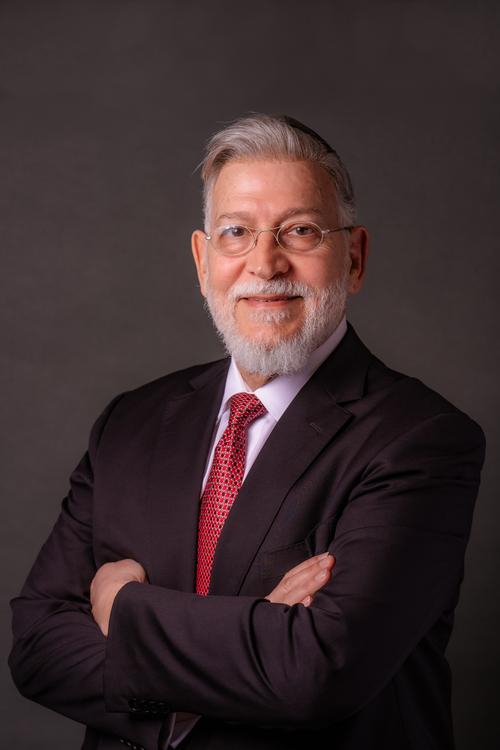A recently released report from the U.S. Department of Health and Human Services linked community mental health centers to questionable Medicare billing. Leading the nation in questionable billing was South Florida. Fort Lauderdale expert criminal trial law attorney Robert Malove contends that some of the billing issues assume there was intentional deception where none may have been intended.The U.S. Department of Health and Human Services Office of the Inspector General (OIG) recently released a report that showed South Florida leads the nation in questionable mental health billing. Robert Malove, a ciminal trial law specialist and healthcare fraud defense attorney based in Fort Lauderdale, questioned the accuracy of the report’s conclusions, which showed approximately half of community mental health centers (CMHC) had suspicious billing in 2010.Of the 102 CMHCs nationwide with questionable Medicare billings, 32 were in the Miami/Broward/Palm Beach area, according to the report. This means 62 percent of CMHCs in South Florida were flagged compared with 52 percent of CMHCs nationally, including Florida.
To add support to the report, The Miami Herald (8/28/2012) ran an article on a Miami mental health chain and a mental health clinic whose employees were found guilty of conspiring to defraud Medicare.
“The report insinuated that more than half of CMHCs are committing federal crimes. In Florida, the number was up to 62 percent. It’s hard to believe so many people in one industry would knowingly risk lengthy prison terms, fines, exposure by incentivized whistleblowers, and-or orders to pay restitution,” said Malove. “Some employees who work at CMHCs are conscientious and dedicated people who take their jobs seriously and are unaware that fraudulent billing practices exist at their facility,” added Malove.
The OIG report identified nine categories of questionable billing issues. One practice cited as a problem were patients / beneficiaries who received only group psychotherapy during their participation.
“To the OIG, individual counseling is a signal of more serious treatment,” commented attorney Malove. “What they’re not doing is looking at each individual. Everyone has different needs. To say that one particular treatment modality that works for one patient, will work for everyone is flawed logic.”
Questionable billing practices also included the amount of time patients received services, patients not referred by health care facilities and patients without prior mental health diagnoses a year prior to participating.
Tellingly, the report also revealed that the OIG “did not conduct a medical record review to determine whether the services billed to Medicare by CMHCs were inappropriate or fraudulent.” “In other words, care and treatment may very well have been delivered, but if the one aspect of the treatment regimen required by Medicare was missing, then the entire claim for reimbursement could be characterized as being a false claim. Filing false claims for reimbursement could land everyone who knew or should have known in very serious hot water,” Malove added. “Casting a blind eye is not a defense.”
“Allegations of fraud make health care companies not only fear for their business but for their patients lives,” said Malove, a criminal trial law specialist, who represents clients in Medicare fraud cases. “There can be many reasons for errors, or perceived errors, in billings which were not caused by intentional deception. Many CHMCs are just trying to do what they think is right for the people they treat.”
Health care providers facing Medicare fraud or other health care fraud charges can contact Robert Malove at 954-861-0384.




